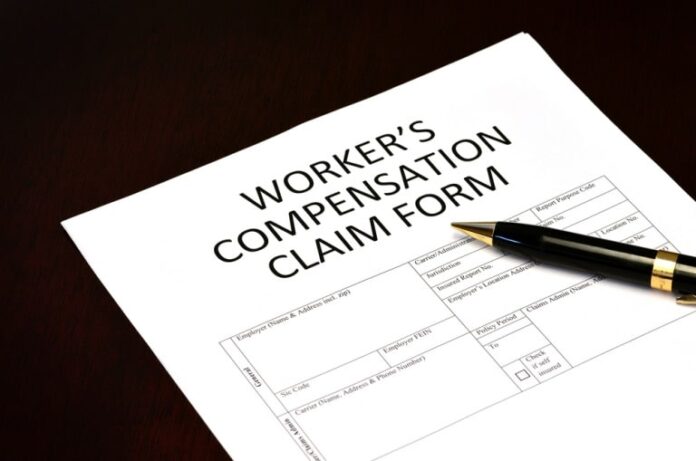Few circumstances can derail your life plans, like a severe injury. The physical damage alone can be enough to change your lifestyle completely, but there is also the emotional trauma of the incident that is hard to overcome. We cannot control every situation in our lives, so even if we are risk-averse, we never know what can lead to a serious injury.
In many cases, life after an injury becomes far more complicated. If you now have a permanent disability, then you may no longer be able to do the job you were hired for or enjoy the hobbies that you love. Even if you can recover, it could take weeks or months before you are back to normal.
These situations can put us under financial stress. Your recovery may involve a lot of appointments in therapy, leading to high medical bills. If you have to miss a lot of time at work, those are wages that you are unable to receive during that time. An injury could even lead to a wrongful death, forcing loved ones to pay for a funeral and burial that could put a big dent in their savings. Fortunately, there are several methods by which you could receive compensation after a serious injury.
Personal Injury Lawsuit
Negligence is often the cause of an incident that results in a serious injury. It could be an individual behaving recklessly or a company failing to follow expected safety standards. In either case, a party’s negligence created injured victims who are suffering from damages. There are many types of personal injury cases, including auto accidents, medical malpractice, dog bites, product liability, and premises liability.
Compensation for a personal injury case is given based on the extent of the damages and the availability of evidence. If your injury is the result of someone else’s negligence, then you must be able to prove the connection between their actions, your injury, and the resulting damages. Potential damages in this scenario could include lost income, medical bills, property damage, loss of quality of life, funeral costs, and even emotional suffering.
Worker’s Compensation
Fault is not always involved if you are seeking compensation while recovering from an injury. Workplaces across the country are required to pay for worker’s compensation coverage in case their employees get hurt or sick on the job. Even if the injury is your fault, you can still receive worker’s compensation benefits. The key is to follow the necessary protocols after the incident.
You must report the injury through the proper channels as soon as possible. Failing to report the problem and continuing to work could make it difficult to receive benefits. If you feel that your compensation claim has been denied unfairly, or you are not receiving your benefits on time, you might need to contact a worker’s comp lawyer.
Social Security Disability
In some specific circumstances, you may be able to receive disability benefits through the Social Security program. This program has a very strict set of standards for determining if someone qualifies for payments. Essentially, you must be working in jobs that have social security and your disability must prevent you from doing most types of work. If you are still able to perform the same job, you will not be likely to receive benefits.
Additionally, if you earn more than a certain amount per month, you are considered to still be working, and therefore not eligible for benefits. You may even be denied because you can work in a different type of job, even if that means being unemployed for a few months. The bar for receiving Social Security disability benefits is very high, so this may be a last resort option.
VA Disability
If you served in the Armed Forces of the United States, then you have access to a specific program that is only for disabled veterans. It is called the VA Disability Benefits program, which is managed by the Department of Veterans Affairs. With this program, qualified veterans receive tax-free monthly payments that are based on their disability rating.
This rating is a measurement of how severe the disability is. To qualify, you must have a service-related injury or illness. One of the most common reasons given for a denied claim is “disability not service-connected.” However, there is still hope for you to receive benefits if you can find the right resources to fight for your claim.
Financial Assistance Can Make Life Easier After an Injury
Although there is still the emotional trauma and the potential lifestyle changes after a serious injury, financial assistance through these programs can be incredibly helpful. Often, the financial burden of physical recovery is immense. You are missing time at work or paying a ton of money for additional healthcare. Between personal injury lawsuits, worker’s comp, SSA disability benefits, and VA disability benefits, there are several ways to pursue compensation after an injury as long as you qualify for them.
